How to Get Rid of Spiders in the Basement
Basement spiders are common in homes throughout Pennsylvania.
These pests don’t like human contact, so the basement is a perfect place for them to set up their web, that is…until there are too many! When the population gets too large to support all of the spiders, some will move to the floors above, entering bedrooms and living rooms.
So, when you start to see them crawling around, it’s best to use the following methods or products to get rid of these basement spiders and keep them away.
1. Use Plants to Repel Spiders
3. Use Essential Oils to Get Rid of Spiders Naturally
6. Use Ultrasonic Pest Repellers
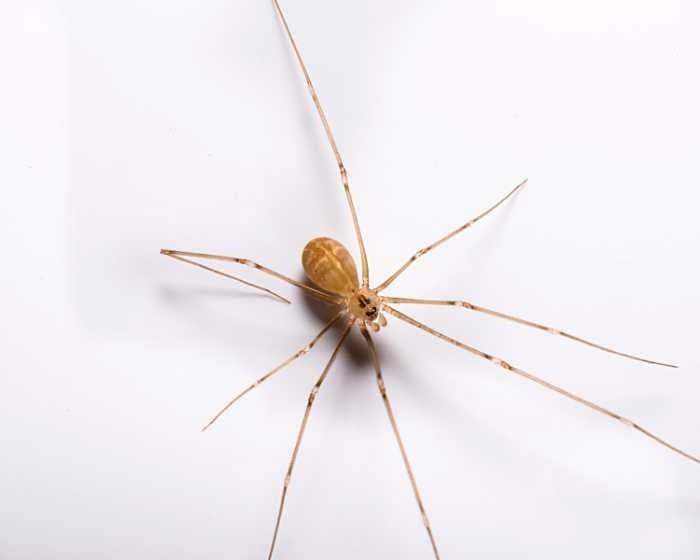
What Attracts Spiders in My House?
The key to keeping spiders out is to make your home spider unfriendly.
Once it gets cold outside, spiders often enter a warm home through cracks in the foundation. Spiders can survive in colder temperatures, but they need a place where it is warm to remain active. Basements provide a dark, safe, sheltered area with plenty of insects to eat. In addition, spiders need water to survive, and moisture can often be found in a basement.
To keep spiders out of your basement, it’s important that you seal up all the cracks and crevices with caulk or expanding foam. As a side note, if the opening is larger than a dime, a mouse can get into your house. If this is the case, stuff steel wool or copper mesh in the hole before filling the crack to keep the mice outside.
Finally, some spiders are attracted to a house’s light, which is why they may be found near windows or doors inside a house.
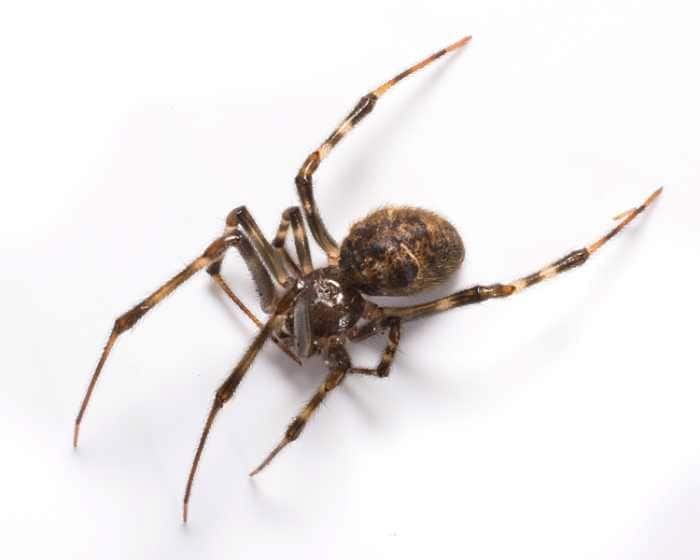
Want to get spiders out of your house?
1. Plants that Repel Spiders
There are many plants that spiders in Pennsylvania avoid. Certain plants will keep spiders out of the house while others will repel them from your yard. Spider populations are highest in the late summer and early fall, so it’s important to plant these plants in the spring to help reduce the spider population.
Herbs
Herbs can be used both for food and decoration, but the scent from these herbs can also deter spiders:
- Lavender
- Dill
- Basil
- Lemon Balm
- Chives
- Mint
- Garlic
Planting any of these near your house or yard will help keep spiders away. It helps to mix the different types of herbs together so, if one lags, the others can do the job until they all become fully grown.
Ornamental Plants
Ornamental plants that work well to keep spiders out of the house include marigolds, geraniums, chrysanthemums, and petunias.
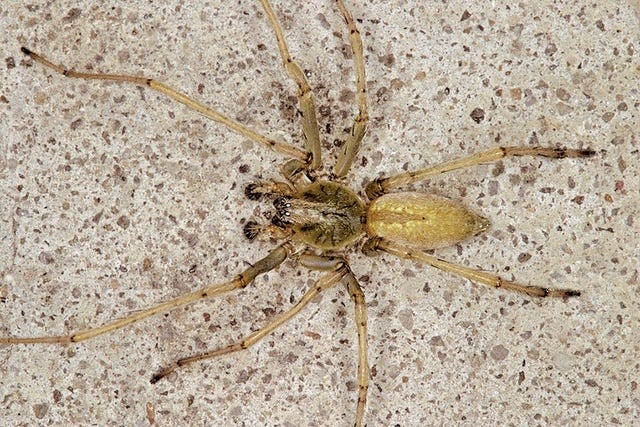
2. Plants that Kill Spiders – Carnivorous Plants for Pest Control
Want to try a unique way to get rid of cellar spiders and other pests? Well, carnivorous plants, also called “predator plants,” may be the solution for you!
These fascinating plants can help rid your home of pests naturally. Best of all, they’re easy to grow and can actually be quite beautiful.
What are Carnivorous Plants?
These plants derive some or most of their nutrients (but not energy) from trapping and consuming insects and other arthropods. There are multiple types of carnivorous plants, but the most common ones used for pest control are Pitcher Plants and Venus flytraps.
Pitcher Plants
Pitcher plants have modified leaves that form pitcher-like structures which contain digestive fluids that attract and trap prey. Once an insect falls into the pitcher, it generally cannot escape and drowns in the fluid.
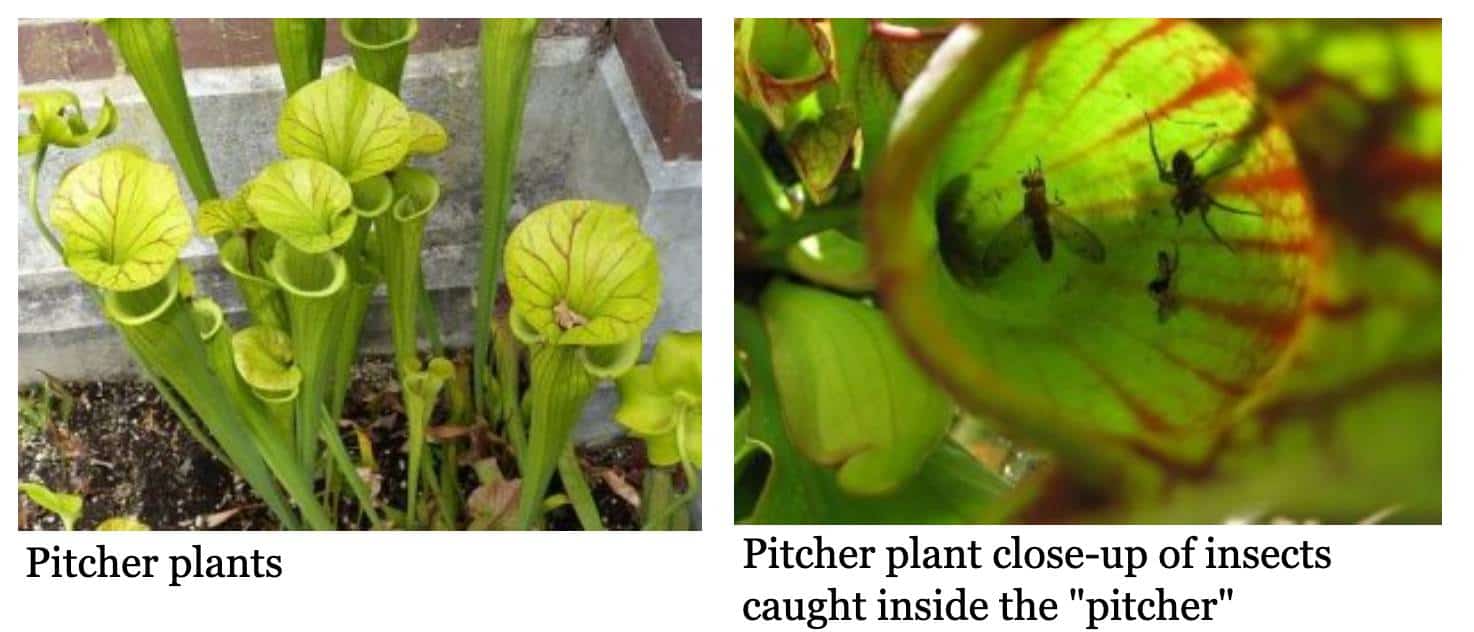
Venus Flytrap
Contrary to their name, the Venus Flytrap’s primary source of food is ants. They’ll actually eat just about any insect that ventures into their trap!
Venus Flytraps have modified leaves with hinged lobes that shut when triggered by touch. When an insect or spider crawls along the leaves, it brushes against one or more of these hairs, causing a “trigger” hair to bend. If two trigger hairs are bent within 20 seconds of each other, the lobes snap shut around the prey captured inside…and then the digestion begins!
How Do I Use Them?
Don’t get your hopes up. These carnivorous plants aren’t super effective at trapping and digesting insects. However, they can be a fun, unique way to supplement your pest control efforts. Creating a bog for these plants is more of a hobby, and kids love them!
Spider Repellant Gardens – Where to Build Them?
Think about the places spiders can get into your house – doors, windows, window wells, torn screens, vents, and unsealed openings where utilities come into your house. In addition to correcting these issues, these are great places to create your spider-repelling gardens!
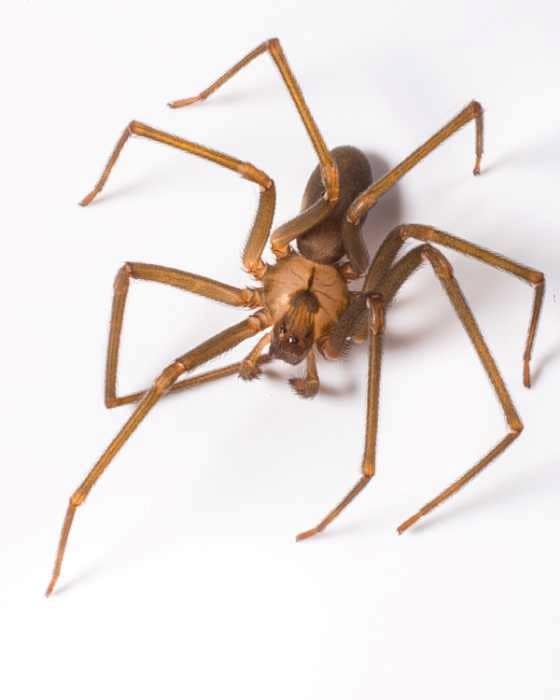
3. How to Get Rid of Spiders in House Naturally with Essential Oils
Fortunately, there are some natural ways to get rid of spiders without resorting to pesticides.
The use of essential oils for pest control is a centuries-old practice that is still used today. Some of the best essential oils for getting rid of your basement spiders include:
- Cedar oil
- Cinnamon oil
- Peppermint oil
At Green Giant Pest Control, we have tested many natural spider control products (along with testing for many other types of insects). We do use different products, depending on the insect. But for spiders, cedar and cinnamon oil win hands down!
The downside of essential oils is that the treatments don’t last very long. Most traditional insecticides last longer. This only means that natural oil treatments need to be performed more often.
Peppermint Oil is a Popular Spider Repellant
While we don’t typically use peppermint oil for spider control, a lot of people do. And many anecdotal reports suggest they work well.
Which scents do spiders hate?
You guessed it…peppermint oil is a natural spider insecticide, and spiders hate the smell. The strong scent of peppermint will help you keep spiders away from your home.
How to use Peppermint Oil on Spiders
Materials Needed: Cotton balls, Peppermint Oil, Spray Bottle
Peppermint oil is pretty popular, and you can give it a try. Simply apply a few drops on each cotton ball and place them around your home in areas where spiders are commonly found.
You can also add a few drops of peppermint oil to a spray bottle filled with water and use it to spray areas where spiders are present. An added benefit is that peppermint oil also gets rid of ants!
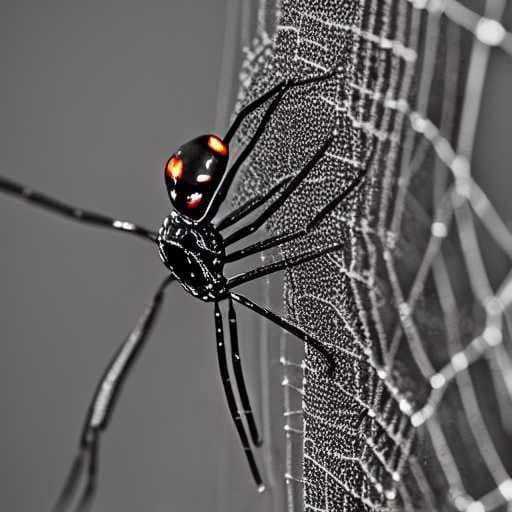
4. Home Remedies for Spiders
Eliminate the Food Source
If there are insects in your basement, the spiders will be drawn to them. So, if you exterminate the other insects, the spiders will have to find a new restaurant! Using an organic pest control product (like diatomaceous earth) can help with this.
Clutter
Make sure your basement is clean and free of clutter. Dispose of any cardboard boxes or newspapers lying around and vacuum regularly. The more you can clean up, the easier it will be to find the spiders and their eggs.
Do-It-Yourself Home Spider Repellent
Another way to naturally deter spiders is to brew up some homemade spider repellent!
Mix equal parts white vinegar and water. Then add a few drops of dish soap. The white vinegar acts as a natural spider deterrent. And the soap will help to break down their protective coating so that they will dehydrate and die.
Diatomaceous Earth
Diatomaceous earth is a natural spider control product made from the fossilized remains of algae. It is not poisonous — it kills insects by a mechanical process.
The particles of diatomaceous earth are a powder that is sharp and jagged to insects. Handling the powder can irritate a person’s skin, so be sure to wear gloves when using it.
When spiders come into contact with the diatomaceous earth, the powder-like particles cut through their exoskeleton and kill the spiders. To use diatomaceous earth, just sprinkle some around the perimeter of your basement, and the spiders will stay away.
You can purchase diatomaceous earth online or at your local hardware store.
5. Spider Traps
Spider traps come in different designs, but they all use a glue board to catch the spiders.
Place the traps in areas where you’ve seen spiders or in areas where they are likely to be. Check the traps regularly and dispose of the spiders that were caught.
If you use an insecticide, be sure to follow the instructions on the label.
If you have a lot of spiders in your basement, you may want to contact Green Giant Pest Control to get rid of them.
6. Ultrasonic Pest Repeller
These pest repellers emit high-frequency sound waves that are intended to bother pests (specifically insects) and drive them away. The pitch of the sound waves is too high for humans to hear.
Ultrasonic pest repellers don’t discriminate between good bugs and bad bugs. In fact, ultrasonic pest repellers may help to reduce the number of spiders in your home by deterring other insects that spiders eat. However, that’s not a problem if you are trying to figure out how to get rid of spiders in a basement. There are no good bugs in the basement!
Since spiders can live off of a nearly nonexistent diet, it’s unlikely that this tactic will completely get rid of them. But ultrasonic pest repellers may be worth a try if you’re dealing with a minor infestation.
Types of Spiders in Southeastern Pennsylvania
Here’s a list of the most common spiders our pest control technicians encounter:
Wolf Spiders
These large spiders don’t build webs to catch prey. Instead, they actively chase and pounce on their prey, which primarily consists of insects. They’re known for their excellent eyesight and the ability to carry their egg sacs attached to their spinnerets.
Grass Spiders
Often found in grassy areas, they’re known for the funnel-shaped webs they construct close to the ground. They’ll wait at the narrow end of the funnel for prey to become entangled.
Woodlouse Hunters
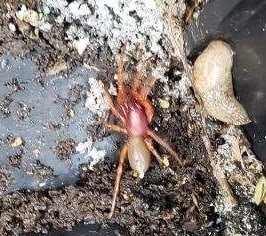
As the name suggests, they primarily prey on woodlice, which are also known as pill bugs or sow bugs.
They don’t build webs but actively hunt their prey in dark and damp environments, like under logs or rocks.
Jumping Spiders
They’re known for their remarkable vision, agility, and jumping abilities. They actively stalk and pounce on their prey, utilizing their powerful legs to leap considerable distances.
Cellar Spiders
They’re characterized by their long, slender legs and small bodies. Cellar spiders are often found in dark and damp environments like basements, cellars, and crawl spaces. They build irregular and tangled webs in corners and wait for small insects to get caught.
Daddy Long Legs
Daddy long legs, or harvestmen, are not true spiders, but they are arachnids and often confused with cellar spiders. They have long, thin legs and a small, oval-shaped body. Usually found in damp environments (under rocks, logs, or vegetation), they are primarily scavengers, feeding on decaying organic matter.
Sac Spiders
They are called “sac spiders” because they construct silken sacs or retreats where they rest during the daytime. While most sac spiders are not aggressive, they can bite if provoked or threatened.
Sac spiders are the most prolific biters. Approximately 90% of our calls for spider bites are for sac spiders. It is very rare that we see Black Widows and Recluse spiders.
If you’re struggling with a persistent spider problem, don’t hesitate to call Green Giant. Our technicians can help get spiders out of your home and keep them out long-term.